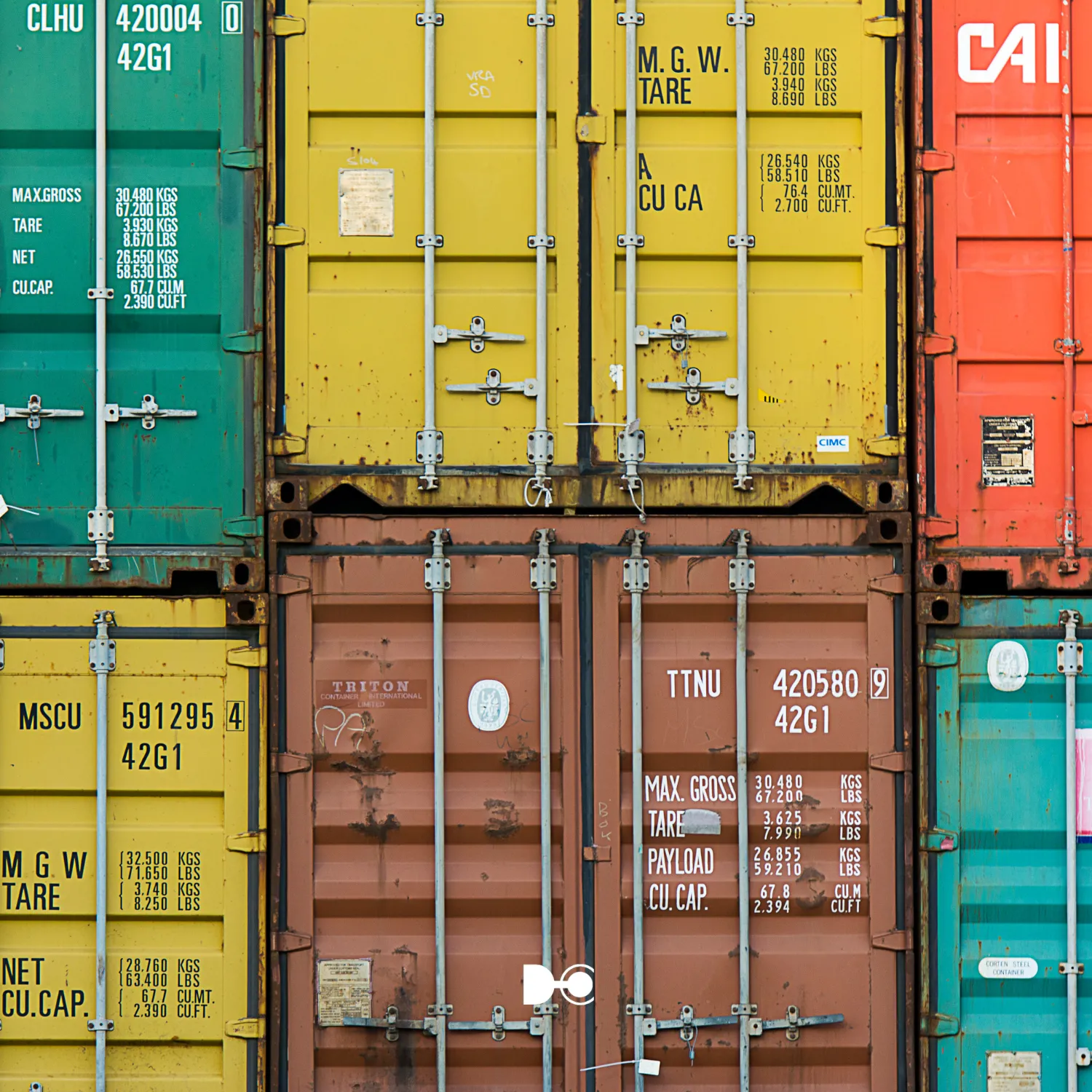As a business owner, choosing a market to focus on is always a difficult problem. There is no denying that the international market offers great opportunities with high order values, attractive profit margins and a transparent business environment. This makes many businesses, including us, prioritize investing in exports over developing the domestic market. However, lessons from recent global fluctuations have made us realize that, without a balanced strategy, businesses can face great risks when the international market changes.
Why Do Businesses Often Prioritize International Markets?
Based on our practical experience, we have found a number of reasons why many businesses choose international markets over domestic ones:
- Higher order value: International partners are often willing to pay better prices, helping to optimize profits. Meanwhile, in the domestic market, customers tend to be price-sensitive, causing profit margins to narrow.
- Large and stable demand: Developed markets have strong consumption demand, especially for typical products such as coffee, pepper, wooden furniture, textiles and handicrafts.
- Professional business environment: Foreign partners often have clear contracts, transparent quality standards, creating more favorable conditions for transactions and cooperation.
- Export support policies: Free trade agreements (FTAs) help reduce taxes, increase competitive advantages for exports, while the domestic market still has many barriers in terms of policies and consumer habits.

But When Turbulence Occurs, the Domestic Market Becomes a Lifebuoy – Lessons from Reality
Recently, trade protection policies from large markets such as the US have had a strong impact on many export industries of Vietnam. Recently, trade protection policies from large markets such as the US have had a strong impact on many export industries of Vietnam.
A typical example is the US imposing tariffs of up to 46% on 5 key export industries of Vietnam, including wood, textiles, seafood, steel and aluminum. This has caused many export enterprises to face serious difficulties, forcing them to seek opportunities to return to the domestic market.
However, not all businesses can easily adapt because they are used to an outward-looking business model. This not only reduces the competitiveness of Vietnamese businesses in the international market but also puts many companies in a difficult position when they have to find a new direction. Businesses that used to depend on exports are now forced to return to the domestic market, which they have neglected for many years. However, there are many challenges waiting for them ahead.
Consequences of depending on the export market
When policies from importing countries change, exporting businesses will be immediately affected. Protection measures, technical barriers and anti-dumping taxes can sharply reduce sales.
For example, the seafood industry was once in trouble when the US imposed anti-dumping taxes on Vietnamese pangasius. This forced businesses to have more flexible strategies to avoid being caught off guard. When policies from importing countries change, exporting businesses will be immediately affected. Protectionist measures, technical barriers and anti-dumping taxes can sharply reduce sales.
Disrupted supply chains
The COVID-19 pandemic has caused many exporting businesses to face difficulties due to stagnant logistics and high transportation costs, while the domestic market has recovered faster. The COVID-19 pandemic has caused many exporting businesses to face difficulties due to stagnant logistics and high transportation costs, while the domestic market has recovered faster.
Lost opportunities at home
When businesses focus too much on exports, the domestic market is left open. When we want to return, we face fierce competition from imported brands. When businesses focus too much on exports, the domestic market is left open. When we want to return, we face fierce competition from imported brands.
Losing customer trust
When businesses only prioritize exports, domestic customers feel abandoned. When they return to the domestic market, rebuilding trust is not easy. When businesses only prioritize exports, domestic customers feel abandoned. When they return to the domestic market, rebuilding trust is not easy.

What to Do to Not Forget the Domestic Market?
After valuable lessons, we realized that, to develop sustainably, businesses cannot rely solely on exports but need to have a parallel development strategy for both domestic and international markets. Some solutions have been successfully implemented:
- Building a strong domestic brand: We cannot let our brand be famous only abroad but unfamiliar to domestic customers. We have invested heavily in communication, marketing and domestic customer care to build a sustainable brand.
- Developing domestic distribution channels: Expanding the distribution system in major cities, combining with e-commerce to reach more customers.
- Optimizing products for the domestic market: Adjusting designs, prices and marketing strategies to suit the needs and consumption habits of Vietnamese customers.
- Retaining domestic customers: Maintain a certain production rate for the domestic market, instead of focusing all capacity on export.
- Take advantage of policies supporting domestic enterprises: Participate in programs “Vietnamese people prioritize using Vietnamese goods”, fairs, and business connection events to expand the customer network.

Conclusion
We realize that the domestic market is not only a backup solution when exports encounter difficulties, but also an important part to help businesses develop sustainably. Balancing the international and domestic markets not only helps reduce risks but also creates a solid foundation for businesses to develop in the long term.
For Vietnamese businesses that are focusing too much on exports, build an investment strategy in the domestic market early before it is too late.












